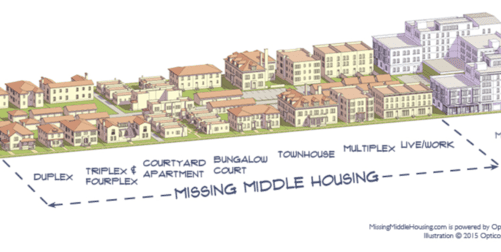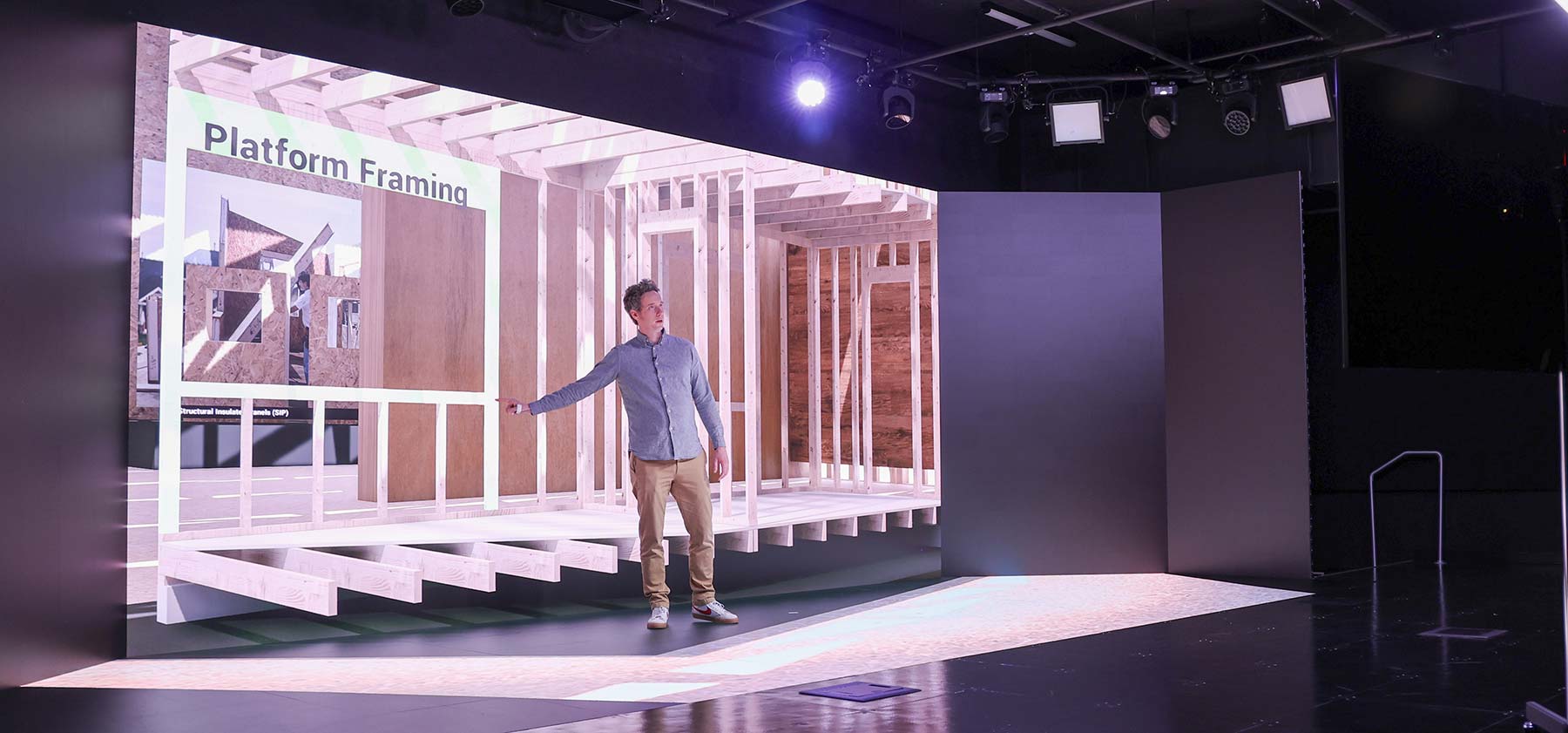Mark Norman, associate professor of practice in urban and regional planning, appeared on Michigan Radio’s Stateside program on November 9. During the interview with Stateside co-host Lester Graham, Norman discussed the lack of affordable housing for middle-income residents, which means they often have to live outside the city in which they work due to rising housing costs. Norman explained that this trend — dubbed the “missing middle” — began to manifest after World War II, when new zoning laws made it illegal to build traditionally affordable housing like duplexes, triplexes, courtyard apartments, and ‘granny flats’ in many urban areas.
“Affordable housing has come to mean public housing, which we don’t even really build anymore, and it also means, in some people’s minds, [allowing to move in] people who are different than they are. When, in effect, affordable housing in Michigan is teachers, firefighters, waiters, bartenders. It’s what I think most people would consider middle-income if they actually knew what the definition was,” said Norman. To counter the lack of affordable housing in cities such as Detroit and Grand Rapids, Norman suggests expanding the flexibility and diversity of living arrangements and zoning codes. “Cities need to be better negotiators,” he explained.
Listen to the full segment at michiganradio.org/post/stateside-new-mi-senate-leader-top-priorities-how-city-zoning-pushed-out-missing-middle.





